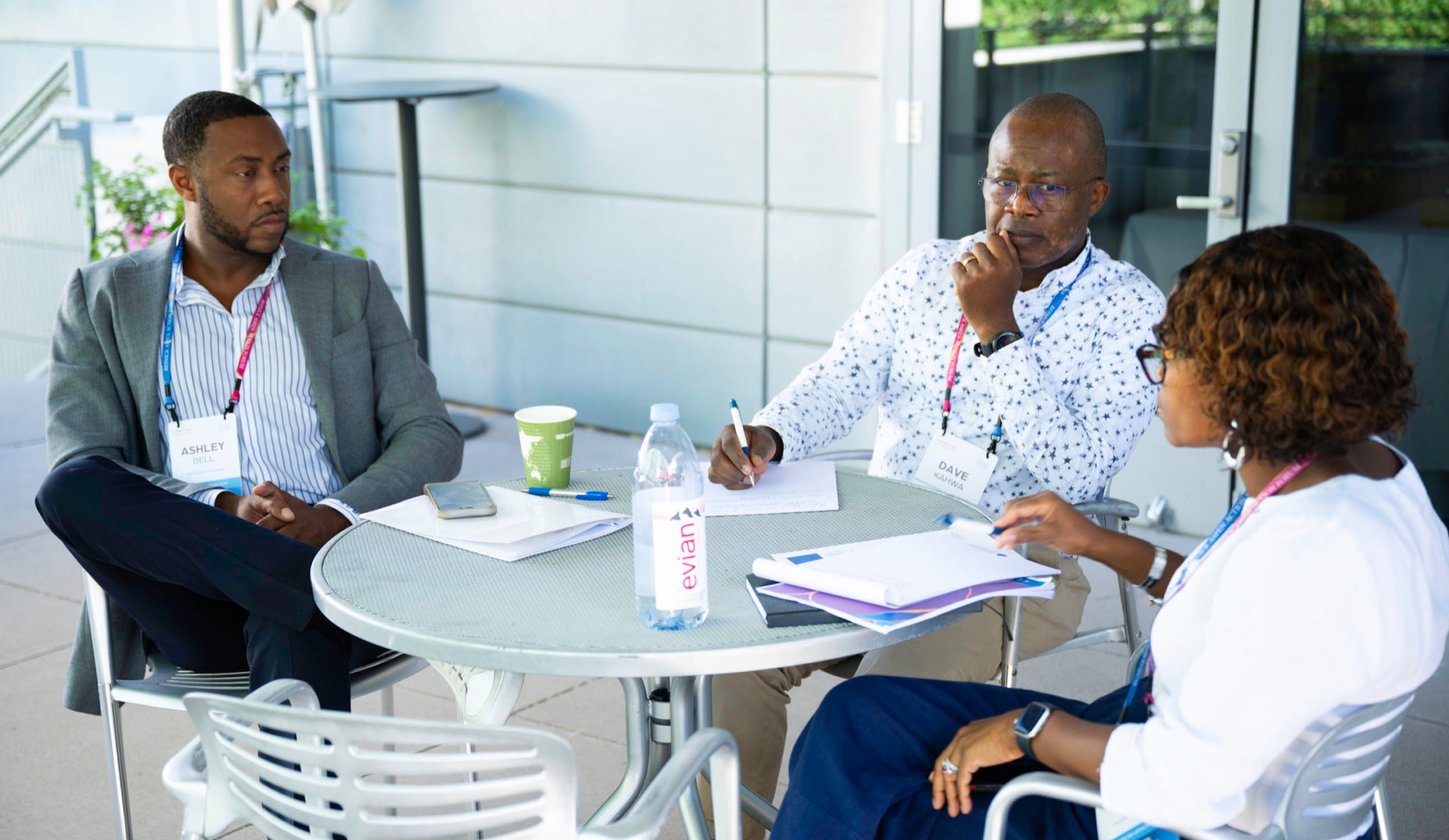Bristol is a bustling and desirable city with a welcoming reputation and a healthy local economy. But as in so many cities around the world, that economy isn’t working for everyone who calls the place home.
Though inequality is a global problem, every community has its unique challenges. To address Bristol’s in specific, Aspen Institute UK and the Mastercard Center for Inclusive Growth recently hosted the Bristol Inclusive Growth Roundtable. The event—the third in a series of private conversations—brought together participants from business communities, non-profit organizations, community advocacy groups, and government.
After the Roundtable, Aspen UK CEO Penny Richards answered a few questions about what’s on the minds of Bristol’s community leaders.
What makes Bristol stand out among UK cities, and what special challenges and opportunities does that represent?
Bristol has a great reputation in the UK as a livable city and has made a name for itself in recent years as a hub for small businesses and inward investment. While this image has brought the city a lot of opportunities, participants at our roundtable discussion were concerned that members of some communities were being left behind and not seeing the benefit of this growth.
“Bristol is a tale of two cities,” one participant said, “People are resorting to living in tents and vans” rather than relying on traditional housing. They felt that while the local economy is growing—with a GDP of £18 billion [~$22 billion]—inequality is also worsening.
Overall, the participants who joined us believed the economy would continue to prosper, but they were determined to make sure this growth extended to all those living in the city.
What are the main challenges that the local businesses are facing?
The representatives from local businesses stressed the need to include all parts of the community in economic growth and ensure that young people in the city can benefit from the opportunities in their local area. Although Bristol has enjoyed strong economic performance, this growth is not inclusive; women, young people, and ethnic minorities often face financial exclusion from the local economy.
What forces are creating difficulties for small business owners in Bristol?
One issue raised at the roundtable was the competition to find affordable spaces for local businesses. It’s a popular environment for new firms and new people moving there.
The conversation expressed a sense that the positive story of Bristol can sometimes “work against them,” preventing some challenges from receiving the attention they require. The perception of Bristol as thriving, they felt, diverted resources away from the city towards other areas in the UK that are perceived as having a greater need. Many of the participants felt that greater investment was needed in public transport, as there are increased issues with the bus and rail networks.
It was clear that the external image of Bristol was very positive, but many participants worried about the tougher realities faced by some people living in the city. Several individuals shared that perceived structural issues cause some people to feel as though they don’t belong in the city and aren’t able to access the opportunities within it.
What success stories did you hear at the roundtable?
Bristol has a strong social sector, which is working to improve the lives of all those living in the city. Many local businesses are also invested in the future of the city and looking to collaborate to help its communities. For example, a café chain based in the city recently set up a donation point to encourage its customers to support local projects.
Is there anything that seems unsolvable at the moment? What’s the most vexing problem participants are facing going forward?
As Bristol attracts workers away from London and other parts of the UK, the price of land and property is rising, affecting both housing and commercial property prices and making it difficult for people to afford to live or run a small business in the city. Linked to that is the issue of the inequality that exists within the city. While not unsolvable, participants agreed that Bristol needs to do more to promote inclusive growth that everyone in the local communities can benefit from.
One participant shared how “People and communities can do more to foster a sense of agency and accountability for everyone in that place.” They thought that more intentionality with investment and long-term planning could help people make Bristol better.

